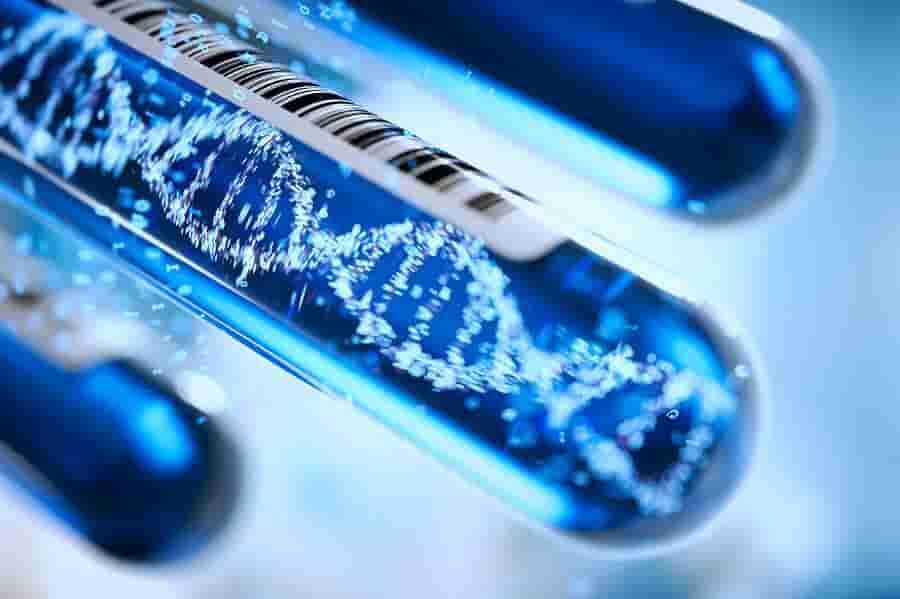
Genetik hastalardan nasıl kurtuluruz?
What is a genetic mutation?
A genetic mutation is a permanent alteration in the DNA sequence that makes up a gene. DNA is the molecule that contains the genetic instructions for the development, function, and reproduction of all living organisms. A mutation can occur when there is an error in the process of DNA replication or as a result of exposure to certain environmental factors, such as radiation or certain chemicals.
Mutations can occur in any part of the DNA sequence, including the coding region, which determines the sequence of amino acids in a protein, as well as the non-coding regions, which can affect the regulation of gene expression. Some mutations may have no effect on an organism, while others can lead to the production of abnormal proteins, changes in gene expression, or even the complete loss of gene function.
Mutations can be classified in different ways, such as by their location in the DNA, their effect on the protein produced by the gene, or whether they are inherited or acquired during an individual’s lifetime. Some mutations may be harmful, while others may be neutral or even beneficial, depending on the context in which they occur.
What is gene therapy?
Gene therapy is a type of medical treatment that aims to correct or replace abnormal genes in order to treat or prevent disease. This is achieved by introducing genetic material into a person’s cells in order to modify their DNA. The genetic material used in gene therapy can be a healthy copy of a gene that is missing or faulty, or it can be a modified gene that is designed to perform a specific function.
There are different types of gene therapy, but they all involve introducing genetic material into the body in some way. This can be done by inserting the genetic material directly into a patient’s cells using a virus, or by using other techniques to deliver the genetic material to the affected cells.
Gene therapy has the potential to treat a wide range of genetic diseases, including inherited disorders such as cystic fibrosis and sickle cell anemia, as well as acquired diseases such as cancer. While gene therapy is still an emerging field, there have been some promising results in early clinical trials, and researchers continue to investigate the potential of gene therapy as a treatment option for a variety of conditions.







